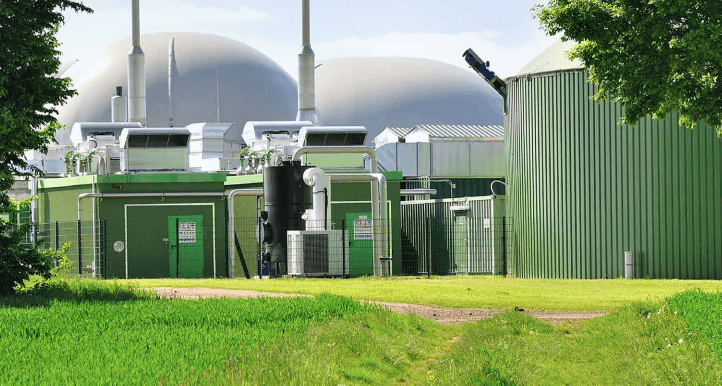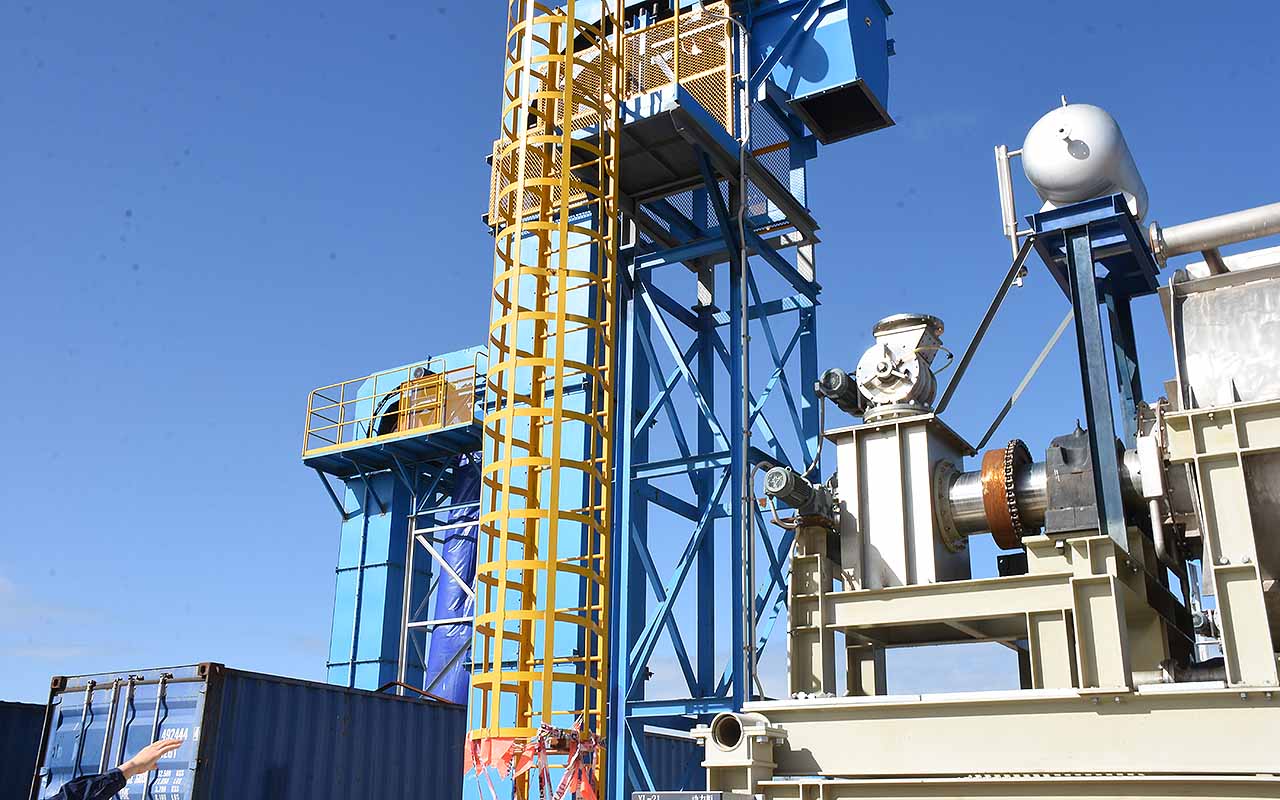Summary
The cost-effective conversion of farm-grown mallee crops into liquid fuels could help to significantly reduce carbon dioxide emissions from the transport industry, promote regional economic development and help control dryland salinity.
Project innovation
The project successfully developed a new technology that combines heating (pyrolysis) of mallee crops and processing (biorefinery) of the resulting bio-oil to sustainably produce advanced biofuels.
The key features of the technology were demonstrated in laboratory-scale pilot plants.
The project found that, depending on the biorefinery configuration, the cost of producing biofuels from mallee crops grown in the WA wheatbelt could be as low as 49 cents a litre (or 17.6 dollars per GJ embedded in the biofuel).
If the biochar that is created as a by-product of the biofuel production process is returned to the field as a soil conditioner, the overall process could have negative carbon emissions, that is, result in net sequestration of atmospheric carbon dioxide.
Two patent applications have been made on the pyrolysis and biorefinery technologies that were developed during the project. The project also increased understanding about how mallee crops could be produced at an affordable price and at a large enough scale for biofuel production.
Learn more
Benefit
The process developed in this project can produce affordable, advanced biofuels with much lower carbon emissions than the fossil fuel alternatives. The new pyrolysis technology uses simplified equipment, does not produce a residual product that requires disposal, demands less energy and can accept nearly all types of biomass as the feedstock.
The technology can also treat biomass so that it can be used as fuel for co-firing with coal in existing coal-fired power stations. The new biorefinery technology efficiently converts bio-crude into drop-in biofuels using cheap catalysts.
A decision tool that was developed during the project to estimate mallee crop production based on key site characteristics will be made directly available growers to speed up the development of the mallee-based biofuel industry.
Many young scientists and engineers, including PhD students, received research training during the project.






